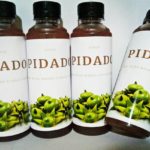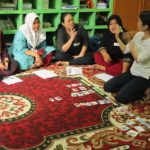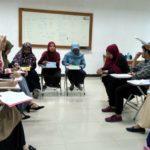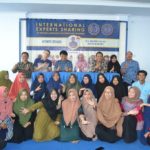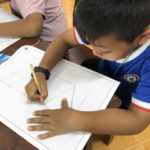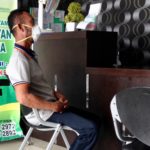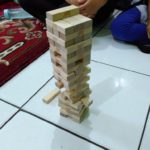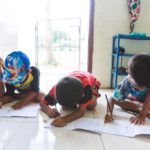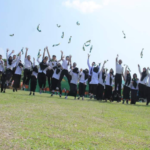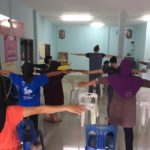This is Mr. Rahim, who recovered from tuberculosis (TB) taking medicine SEEDS workers helped him to obtain. The SEEDS health promotion program in Riau, Indonesia, first helped Mr. Rahim’s wife seven years ago, when she was pregnant and suffering from TB. Unfortunately, she discontinued her medicine before treatment was complete, her unborn baby died, and her husband was infected. The World Health Organization reports that an untreated TB patient spreads the disease to between ten and 15 additional people per year.
Read more »
